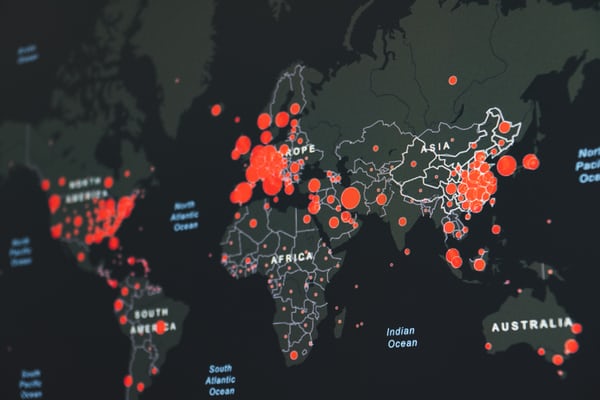Since the beginning of the COVID-19 pandemic in December 2019, much vital information scientists have been discovered about the coronavirus disease. There have been a couple of CIVID-19 variants, and that is because viruses change through mutation.
How many variants are there, and why should we care?

According to the WHO and the CDC, there are several COVID-19 variants, but the most notable ones have been named using the Greek alphabet. The Alpha variant of the COVID-19 virus, also known as the U.K variant, has been analysed by researchers in the U.K, and their studies show that it has a transmissibility rate of 80% more than the wild virus Sars-CoV-2.
The Beta variant, considered to have originated in South Africa, first identified in the U.S in January this year. Then, the Gamma variant, which originated in Brazil, identified internationally in Japan in January 2021, and the Delta variant originated in India last year and identified through screening in the U.S in March this year.
Are all variants similar?
Each variant is different, and the overall recovery of a patient depends on the type of COVID-19 virus they were infected with. Some variants have a higher mortality rate, while other a higher transmissibility rate. In addition, the available COVID-19 vaccines work differently on each variant.
The Delta variant of COVID-19
Since it appeared in India, the Delta variant has proven to be highly contagious and more severe. Apart from India, the U.K was massively affected by this variant and, although viruses mutate and evolve, it seems that even the scientists are surprised how fast the Delta variant is spreading globally (50% faster than the Alpha variant).
This variant already makes more than 20% of cases of COVID-19 positive people in the U.S, and those who are unvaccinated are at higher risks of death and long term consequences.
What to expect?
Because of its contagious rates (2.5 times higher for young people and adults under 50), the Delta variant could lead to outbreaks in communities with lower vaccination rates. This means that it is vital to protect children under the vaccination age and those sceptical about vaccination.























Leave a Reply